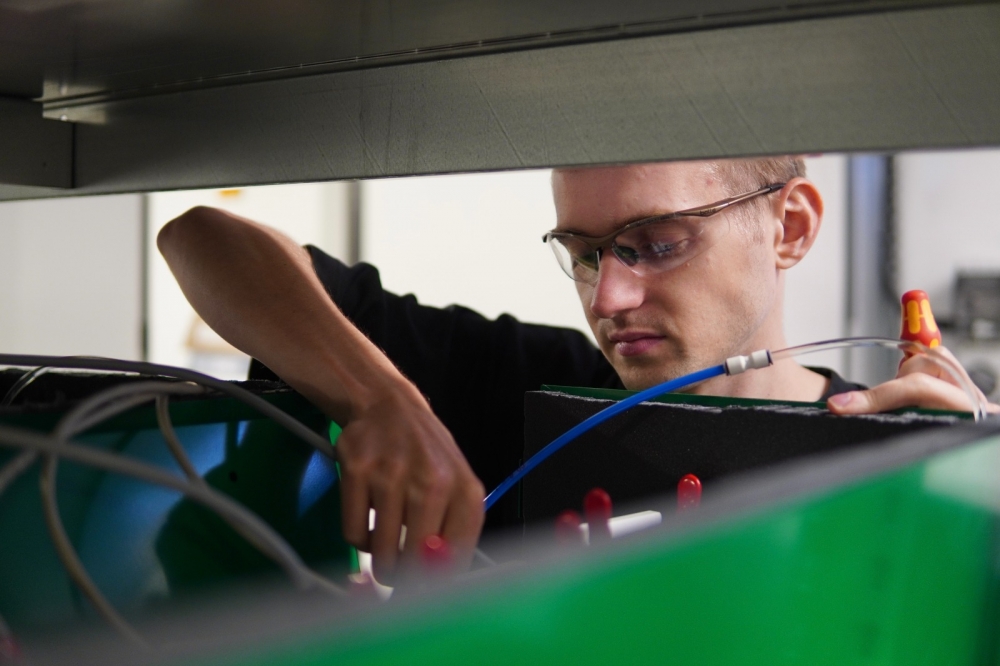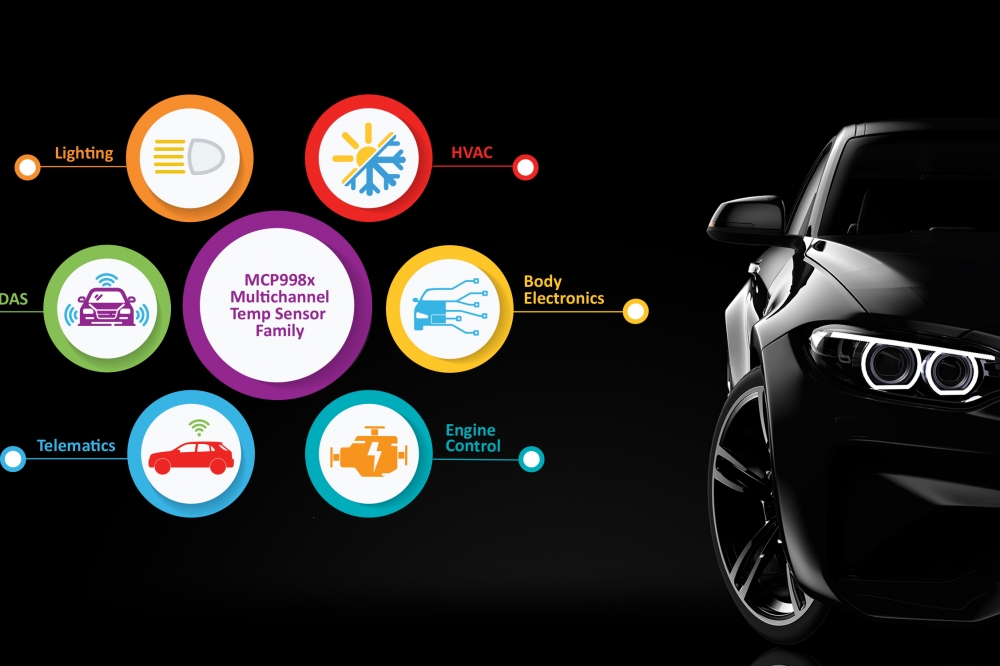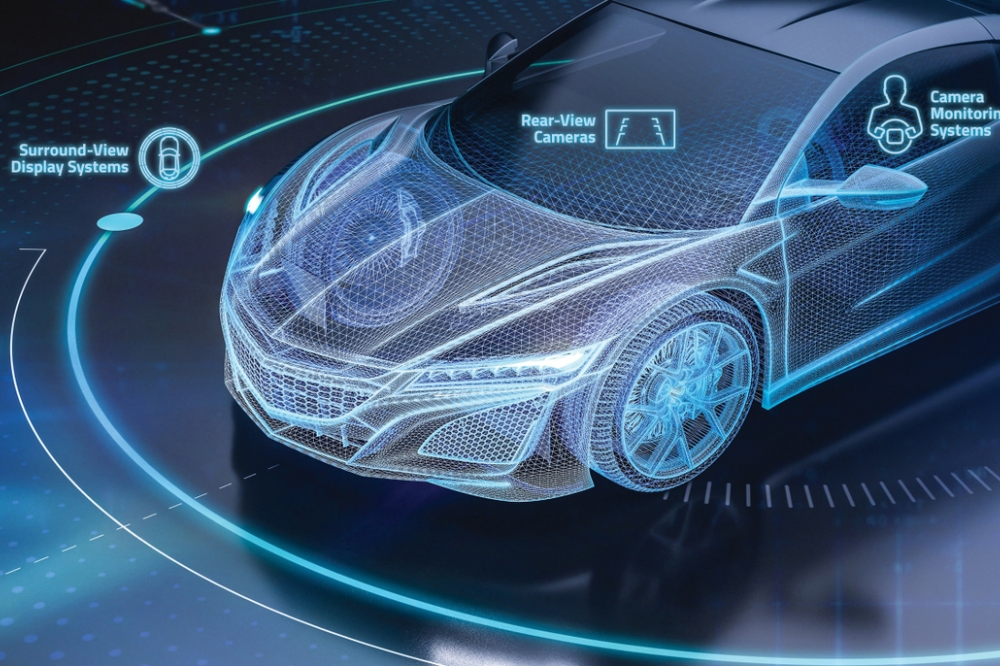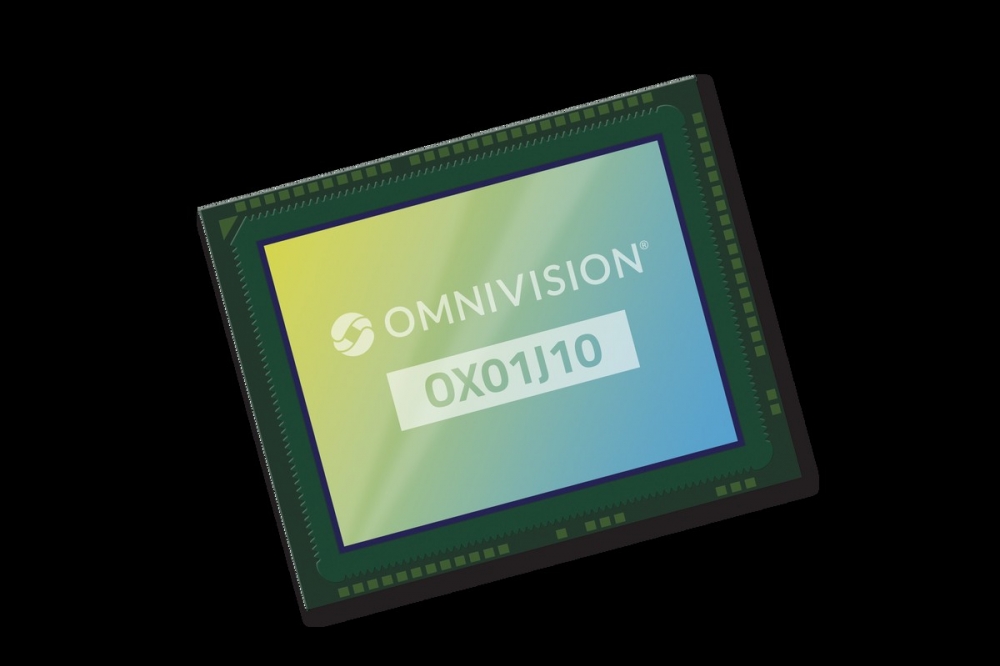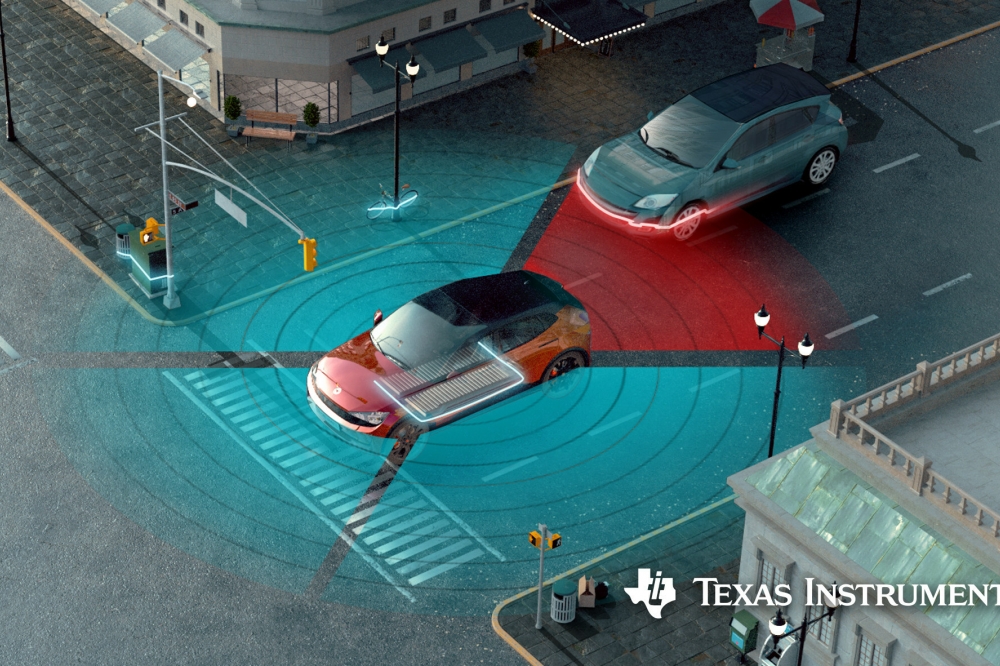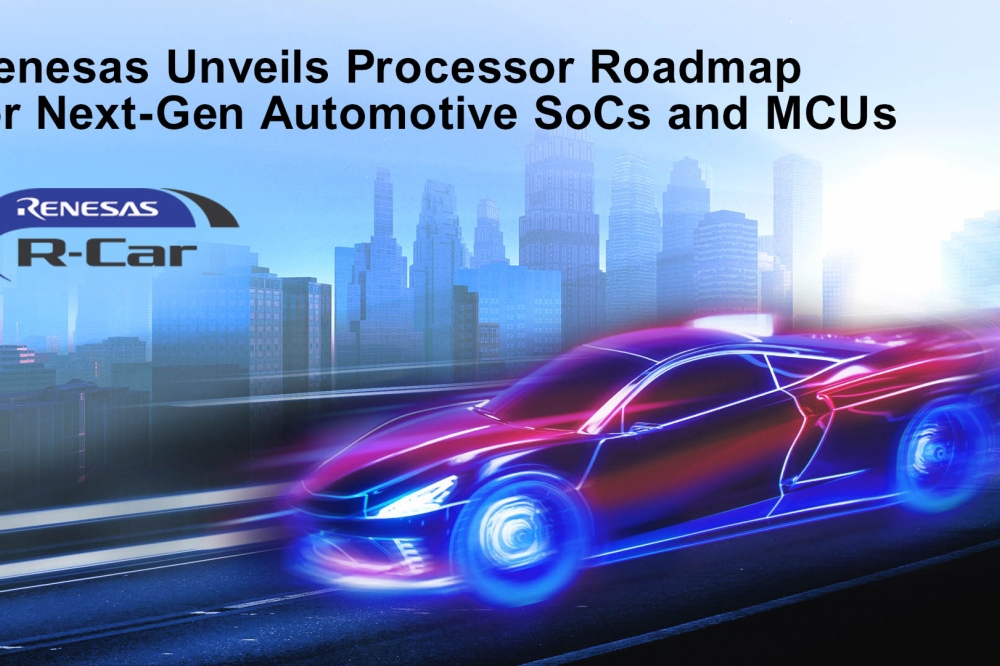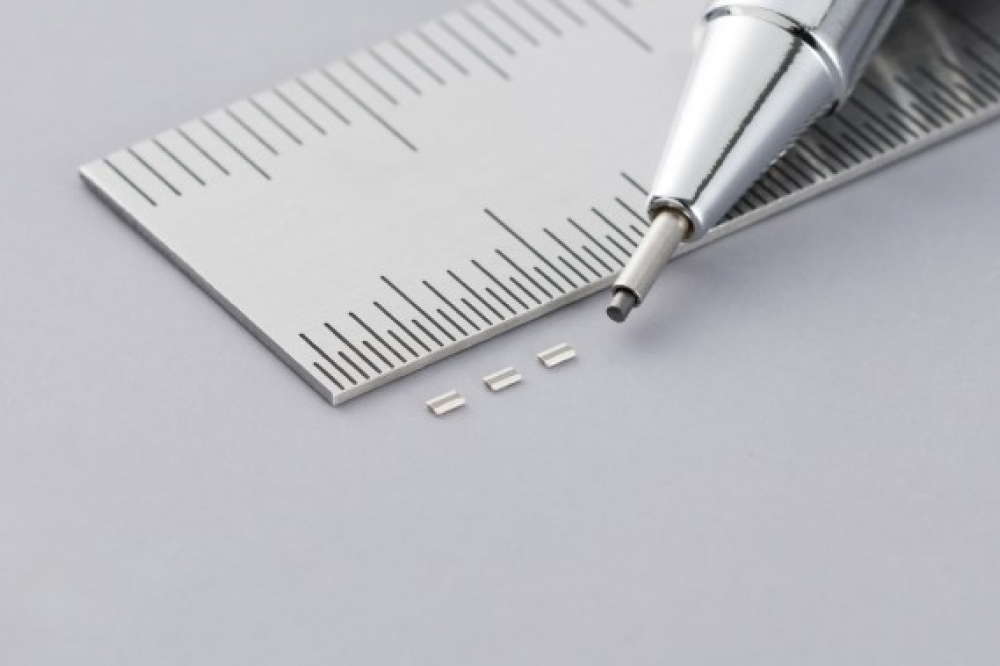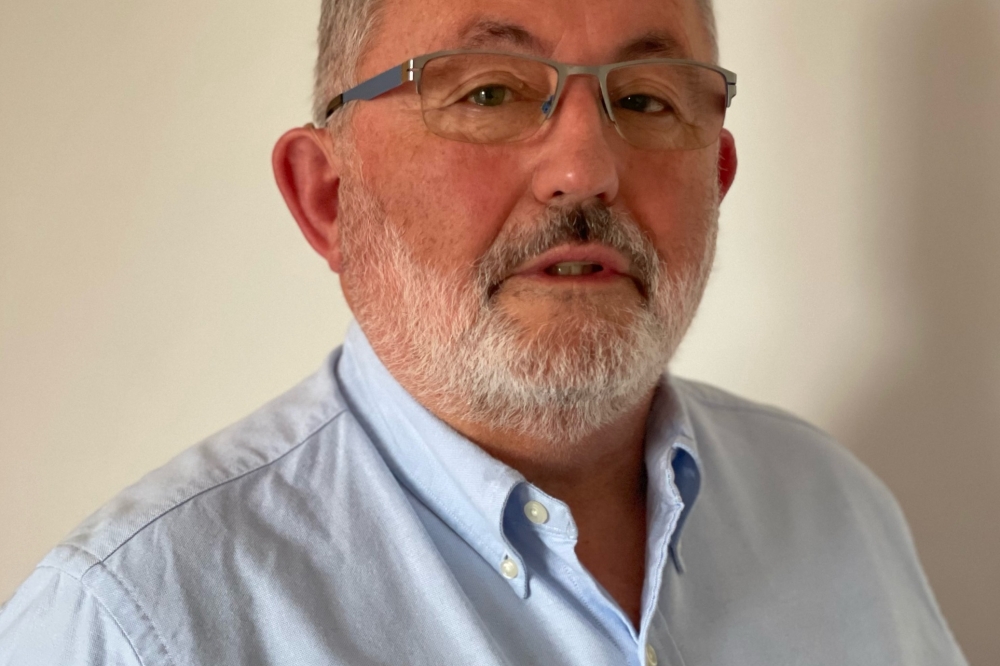Daimler tests automated driving as a part of the PEGASUS project
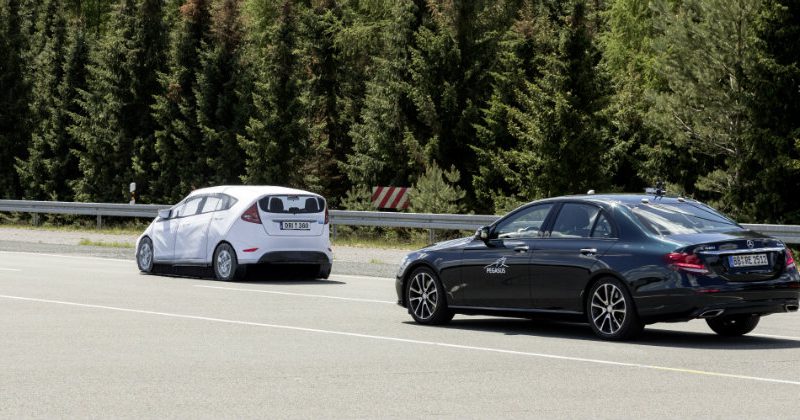
PEGASUS (Project for establishing generally acccepted good quality criteria, tools, methods, scenarios and situations for the approval of highly automated driving functions) is a research project subsidised by the Federal Ministry of Trade and Energy (BMWi).
The aim of the joint project is to develop uniform technical standards for the verification of highly automated vehicle systems, and to answer important questions concerning the safety and reliability of the systems.
On 13 and 14 May, to conclude the research project,Daimler AG together with 16 other project partners for the first time presented the most important findings from the project to the German and international public in Wolfsburg.
The dream of the self-driving car has perhaps never been as tangible as now. In purely technical terms, all the conditions for it are in place. However, many questions still need to be resolved before automation systems can be used on a general basis and in millions on the roads. Among them are how the safety and reliability of these systems can be verified, when a system is “mature” enough for general approval, or what role humans will play in interaction with the technology.
“We played a major part in PEGASUS to help develop a state-of-the-art methodology that is accepted by all interested parties worldwide. This test methodology will help us to bring reliable and robust, highly automated vehicle systems onto the road for our customers,” said Michael Hafner, Head of Driving Technologies and Automated Driving at Mercedes-Benz Cars Development.
PEGASUS fundamentally consists of four sub-projects, each of which covers an important topic area in the verification of autonomous driving and resolves the relevant questions:
1.Scenario analysis and quality standards
2.Implementation processes
3.Testing
4.Reflection on results and embedding
Sub-projects 1 and 2 are primarily concerned with the definition of relevant traffic scenarios and the critical analysis of already existing verification processes for automated driving systems in the automobile industry. With around two thirds of the total project volume, sub-project 3 “Testing” is the largest sub-project in PEGASUS. Under the aegis of Daimler AG, its aim is to develop methods and tools for conducting tests by simulation, on test sites and in real road traffic.
“To appreciate the relevance of this sub-project, it is important to understand the previous role and current status of test procedures in the automobile industry. To date onboard driving assistance systems and active safety systems are tested over hundreds of thousands of kilometres in real traffic operation and in several hundred different traffic scenarios on test sites. If they show no relevant functioning errors, they can be approved. However, to establish a comparable level for highly automated driving systems, we would require billions of test kilometres,” said Dr Helmut Schittenhelm, PEGASUS Project Manager for “Testing” at Mercedes-Benz Cars Development.
“Only simulations with specifically chosen parameters can bring this down to an acceptable and realistic level of test kilometres on the roads. This means that in the future, simulations will take on a central role in test procedures and trials. Developing and establishing a reliable methodology for this is one of our main tasks in PEGASUS,” he added.
PEGASUS was called into being in January 2016, following an initiative by the Federal Ministry of Trade and Energy (BMWi). A total of 17 project partners, among them many German vehicle manufacturers, suppliers, public institutions and technical colleges and faculties have since then devoted themselves to four sub-projects using a function called “Autobahn Chauffeur” as an application example.
One key element of the sub-project “Testing” was the development of a model for real traffic situations that fully describes all variations and influencing factors. These scenarios and the test case database were put together using the “Autobahn Chauffeur” system as an example, in close cooperation with the research institute “Forschungsgesellschaft Kraftwahrwesen mbH Aachen (FKA)” and the “Institute for Motor Vehicles at the technical university in Aachen (IKA). To this end, challenging situations were collated in this task package for PEGASUS, with systematic and highly precise measurement of the relevant parameters such as speed, directional stability or route conditions.
Subsequent simulation tests were the second task package in the sub-project “Testing”. The aim here was to develop solutions for systematic testing of the system limits within the set parameters, so as to ensure that an autonomous system also responds as the limits are approached. This requires intelligent networking of the simulations with experiments on test sites and in field tests. The aim of the simulation is to identify collision-related scenario variations (e.g. remaining distance) according to parameter variations (variety of scenarios), and then repeatedly verify the simulation results with specific tests on the test site.
In the third task package “Test methodology”, a testing technique was developed eventually that allows scenarios to be precisely reenacted on the test site with programmable test objects. Sebastian Werr, Verification of Test Technology and Communication Assistance Systems, Mercedes-Benz Cars Development, on the test methods employed in these tests: “For the self-driving targets, the robot vehicles, we apply a future-oriented control technology which Daimler already developed with external partners around seven years ago. The aim of this is to realise precisely prescribed test scenarios. Not only can the chosen scenarios be reproduced at will, they can also be reproduced with absolute accuracy.”
Testing the scenarios in real field trials rounds the PEGASUS sub-project “Testing” off as the fourth task package. Field tests are a useful addition in cases where the models are not yet comprehensively mature. A live presentation of the control technology will be one of the main items in the programme for the final PEGASUS event in Wolfsburg, and underpin the technological advances and international importance of the joint PEGASUS project.
In July 2019, even before this project officially ends, several follow-up projects likewise approved and subsidised by the BMWi will start. These will mainly involve transferring the findings from the topic context of “Autobahn” to the development of verified test procedures for relevant scenarios in urban traffic. From 1 July one of the projects in which Daimler AG is heavily involved is a project with the previous working title “VV Methods” (validation and verification methods). As PEGASUS is to be retained as a brand, it will probably continue under the project name PEGASUS 2.0.
Daimler tests automated driving as a part of the PEGASUS project
Modified on Friday 17th May 2019
Find all articles related to:
Daimler tests automated driving as a part of the PEGASUS project


 Add to my Reading List
Add to my Reading List Remove from my Reading List
Remove from my Reading List